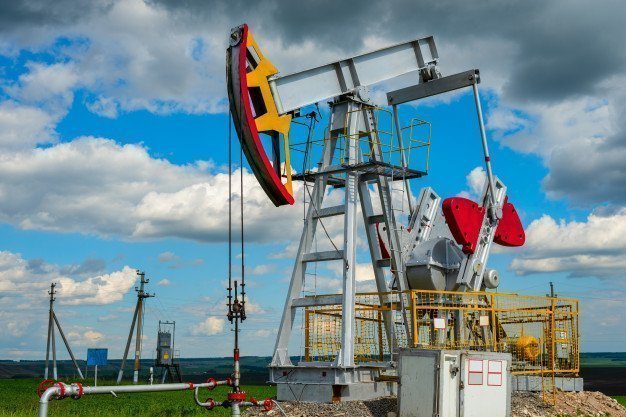Oil prices rose more than 2% on Monday to the highest level since late November on prospects that the Omicron coronavirus variant will have a limited impact on global demand in 2022, even as increased cases result in flight cancellations.
Brent crude was up $2.46, or 3.2%, to settle at $78.60 per barrel, while West Texas Intermediate (WTI) crude was up $1.78, or 2.4%, to $75.57 a barrel.
Both indicators rose to their highest levels since November 26 on Monday.
While Omicron is spreading faster than any COVID-19 variant, the good sign at least is that the majority of those infected have had mild symptoms so far.
The UK said on Monday that the government will not introduce new COVID-19 restrictions before the end of 2021.
More than 1,300 flights were canceled by US airlines on Sunday as COVID-19 reduced the number of available crew.
Oil prices are up more than 50% this year, supported by rebounding demand and planned supply cuts by the Organization of the Petroleum Exporting Countries and its allies.
As of Monday, talks continue between world powers and Iran on reviving Tehran’s 2015 nuclear deal. The focus of the talks, which so far has made little progress in increasing Iran’s shipments, is oil exports.
OPEC+ has stuck to its plans to increase production for January despite Omicron at its last meeting. OPEC+ meets on January 4 to determine its next oil policy.
The OPEC+ meeting on January 4, where the producer alliance will decide whether to continue with the 400,000 barrels per day (bpd) production increase planned in February, is on investors’ radar.

